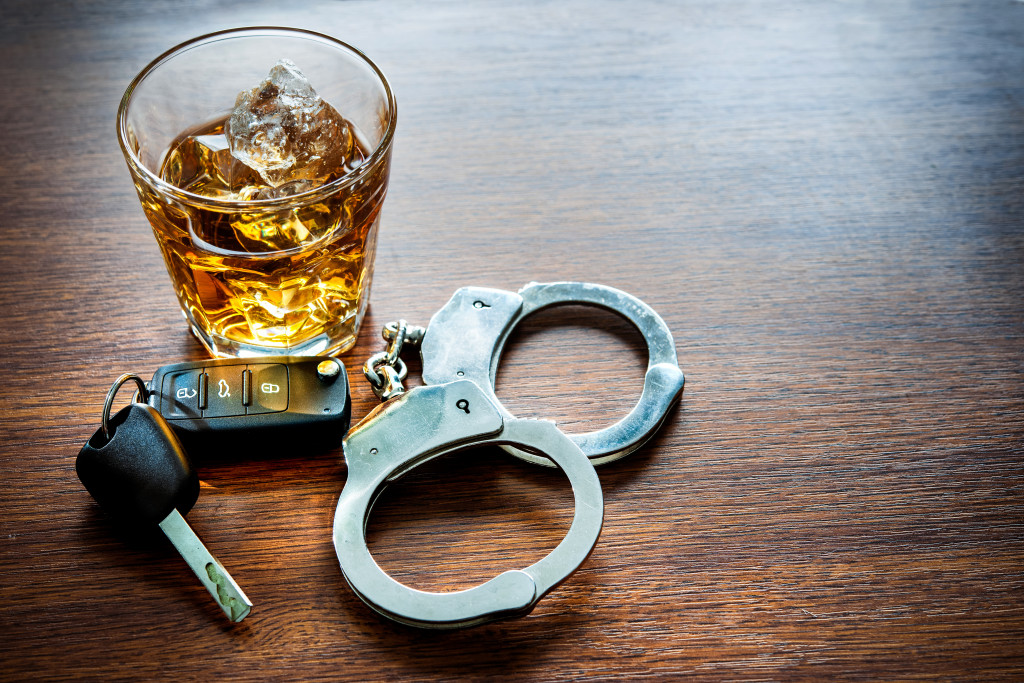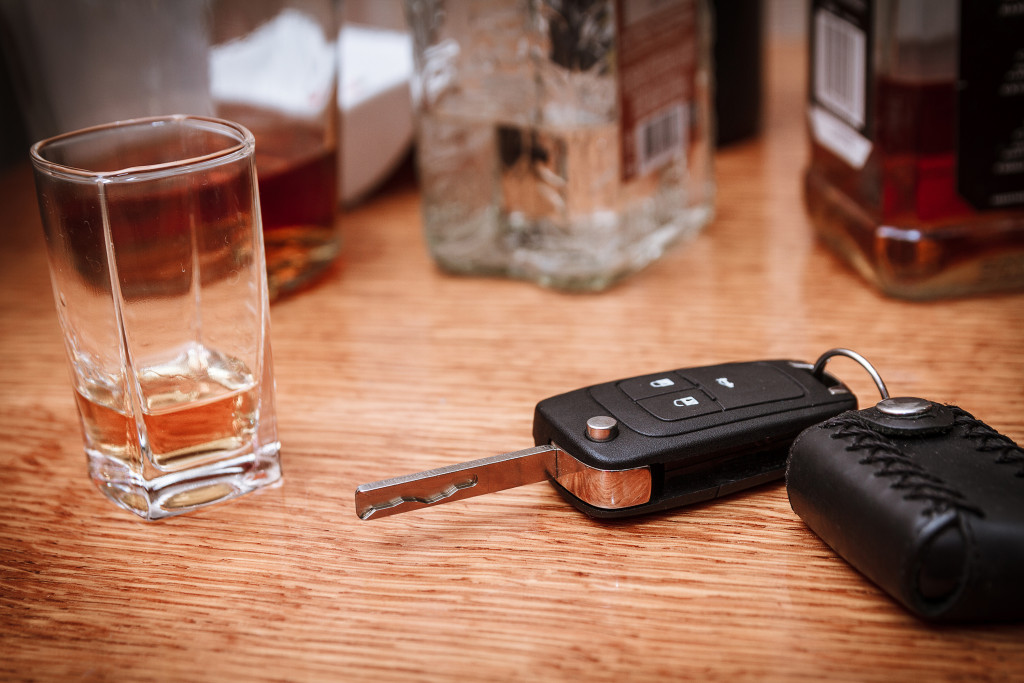Drinking and driving, often known as driving under the influence (DUI) or driving while intoxicated (DWI), is defined as operating a vehicle with a blood alcohol concentration (BAC) of at least 0.08 percent. Even a small quantity of alcohol, on the other hand, can lead to dangerous circumstances. Some drivers might not even exhibit warning symptoms of intoxication, but that doesn’t make it any less hazardous. It is important to remember that any drinking while driving is prohibited and can result in severe penalties; this is the primary reason you should enroll in a DMV TLSAE driving course.
Those who have an alcohol use problem are the most prone to drunk driving. This means they drink a lot of alcohol in a short period, placing them at risk for adverse side effects. Alcohol is absorbed into your system in around 30 minutes to two hours. Your respiration can slow down, and your cognitive abilities can be hindered during this period. As a result, you were drinking while driving is always risky.
Alcoholism is a treatable disease with the assistance of a professional treatment facility. If you or someone you care about has a drinking problem, it’s time to get treatment and get your life back on track. Call a treatment provider right now to discover rehab options in your area.
Alcoholism
The use of alcohol (including alcoholism) disorder is a pattern that involves drinking difficulties, alcohol concerns, alcohol consumption, even problems, drinking more to have the same effect, or signs of withdrawal when you suddenly decrease or stop drinking.
Unhealthy alcohol use is defined as any alcohol intake that threatens your health or safety or produces other problems connected to alcohol. It also includes binge drinks, expressed as a drinking pattern in which a man drinks five or more drinks in two hours or at least four gulps in a female in two hours. Binge drinking is a significant issue for health and safety.
If your drinking habits give you significant pain and difficulty daily, your alcohol use disorder is a problem. It can range from mild to severe in intensity. Even minor abnormalities can develop and create serious problems, though, so early therapy is essential. And while driving, you can experience some of the following dangers.

Slow Reaction Time
When you have alcohol in your system, it impacts how fast you can react to various circumstances. Drinking reduces your reaction time, which increases the risk of an accident. As a result, if the vehicle in front of you abruptly stops or a person crosses the street, it will take your brain longer to comprehend the situation and avoid an accident.
Inadequate Coordination
Heavy drinking impairs your motor abilities, including your eye, hand, and foot coordination. You can be unable to escape a potentially dangerous scenario if you lack critical coordination abilities. Walking difficulties, wobbling, and an inability to stand straight are all symptoms of poor coordination. Too much alcohol can even make it impossible to get into your vehicle and turn it on.
Reduced Focus
Many aspects of driving need your full attention, such as keeping in your lane, your speed, other vehicles on the road, and traffic signals. Alcohol, no matter how much or how little you consume, can impair your focus. When you drink, your attention span is substantially decreased, which raises the likelihood of an accident.
Reduced Eyesight
Excessive alcohol intake can impair your eyesight. You can notice that your vision is clouded or that you cannot regulate your eye movement after drinking. Impaired sight can impair your ability to estimate the distance between your vehicle and other cars on the road. Furthermore, fewer things might be visible in your peripheral vision, which you can see to either side of you while looking straight ahead.
Limited Decision-Making Ability
When driving a motorized vehicle, your judgment abilities are crucial in making choices. Your brain determines how you react to certain situations. For example, you must anticipate possible issues and make sound choices if another car cuts you off. While driving, your judgment allows you to remain attentive and aware of your surroundings.
Each state has its unique rules regarding DWI convictions, including fines, prison time, and the possibility of a revoked or suspended license. Some conditions can additionally mandate community service or alcoholic treatment depending on the legal charges. A DWI or DUI conviction can have a variety of consequences in your life. The effects of drinking and driving can harm your family and relationships, lose your job chances, create financial problems, raise your insurance rates, and result in prison time.
